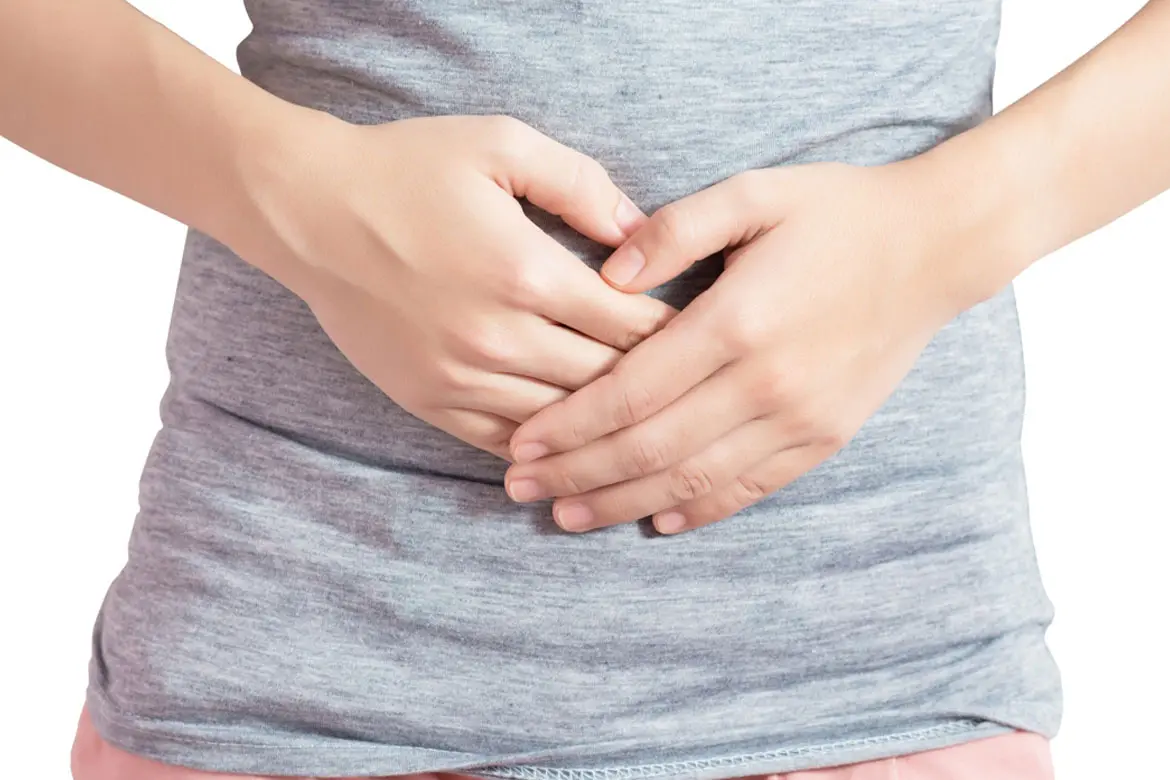Can uterine fibroids affect one's chances of getting pregnant?
First things, first, let's better understand uterine fibroids.
Uterine fibroids (fibroids) are non-cancerous (benign) growths on the uterine muscle wall. They are also called leiomyoma/myoma (myoma = arising from muscle). It is a common condition in women, especially during child-bearing age. Studies show that approximately 3 – 4 in 10 women between the ages of 30 – 40 would have uterine fibroids.
There are 3 different types of uterine fibroids:
- Within the uterine muscle wall (intramural)
- Pushes through to the outside (subserosal)
- Pushes through to the inside (submucosal)
The different types of uterine fibroids will differ in their presenting symptoms. Both intramural and submucosal fibroid types may cause heavy menses; subserosal fibroids usually have no symptoms.
What are the signs of fibroids?
The exact cause of fibroids is still unknown but uterine fibroids are associated with:
- Family history (genetics)
- Increased uterine sensitivity to oestrogen hormone that encourages growth
Symptoms and complications of fibroids depends on their size and type. Most women with fibroids do not realise they have them as, they don't cause any symptoms or pose any danger. Some symptoms that may indicate fibroids are:
- Longer or more frequent menstrual periods
- Heavy menstrual flow
- menstrual pain
- pressure symptoms (abdominal or lower back pain, constipation, disturbances in urination)
- feeling of a mass/growth, increased body weight with an enlarged abdomen
Though having these symptoms may not necessarily mean you have fibroids, visit your gynaecologist for a detailed assessment if you notice any of the above symptoms.
How are fibroids diagnosed?
The most common methods are by a pelvic examination and an ultrasound.
More details can be determined by minimally invasive methods such as:
- hysteroscopy – a scope is insert through the vagina and into the cervix to see inside the uterus.
- hysterosalpingography – a special dye is injected into the uterus and an x-ray of the uterus and fallopian tubes is taken to detect any abnormality
- sonohysterography – similar to a hysterosalpingography but using ultrasound
Can fibroids cause infertility?
Fibroids may affect a woman's chance of getting pregnant. However, studies estimate that this proportion is small, approximately 2.4% of women with fibroids may experience infertility.
The chances of fibroids affecting your ability to get pregnant depends on their size, number, type and location. They may also cause:
- obstruction of the fallopian tubes which could cause difficulty in fertilisation,
- changing the shape of the uterus causing difficulty in implantation of the fertilised egg; or
- altering the structure and biochemical processes of the uterine inner lining which, may cause issues with implantation.
Are there treatment options for women with fibroids and whose fertility is affected?
Yes. The most common treatment for fibroids for women who want to preserve their fertility is to remove the fibroid (myomectomy).
Other treatment options are:
- cutting off the blood supply to the fibroids via uterine artery embolisation,
- using certain medications to reduce the size of the fibroids; and
- magnetic resonance-guided focused ultrasound (MRgFUS) – a procedure that uses a microbeam radiation therapy that directs beams of ultrasound to heat targeted areas of the fibroid resulting in its destruction.
Each of these treatment options has its benefits and accompanying risks. When you consult your doctor, they will discuss the options available and together you'll be able to make a decision that is most suited for you.












